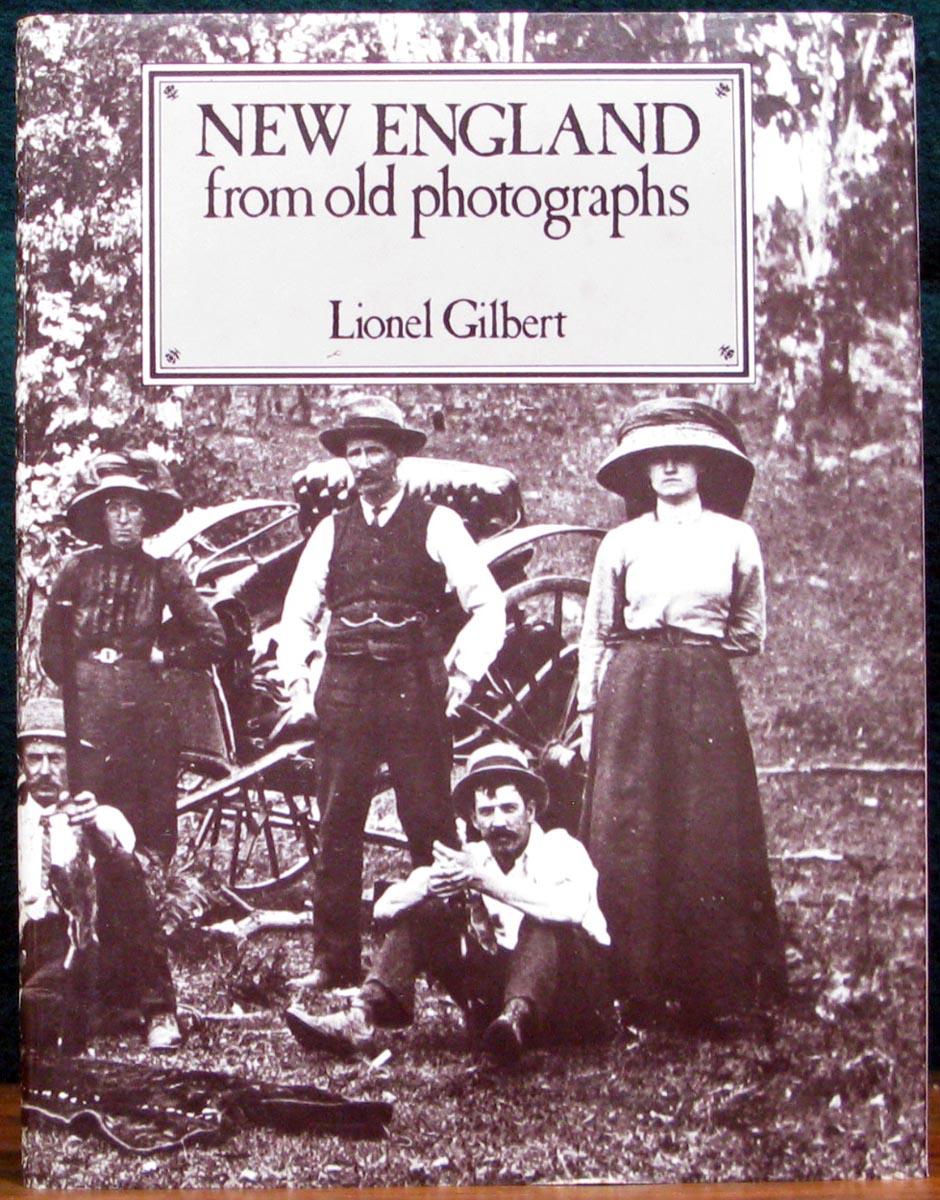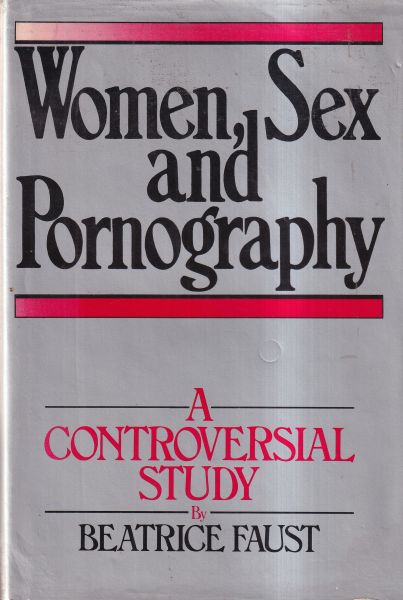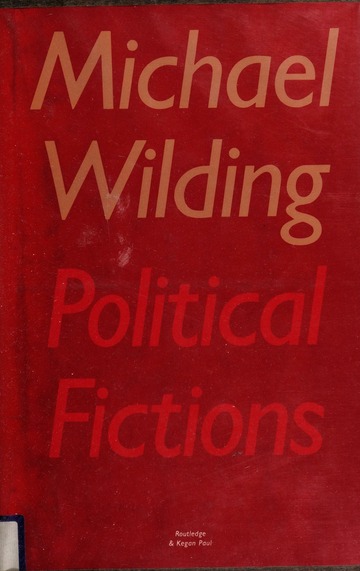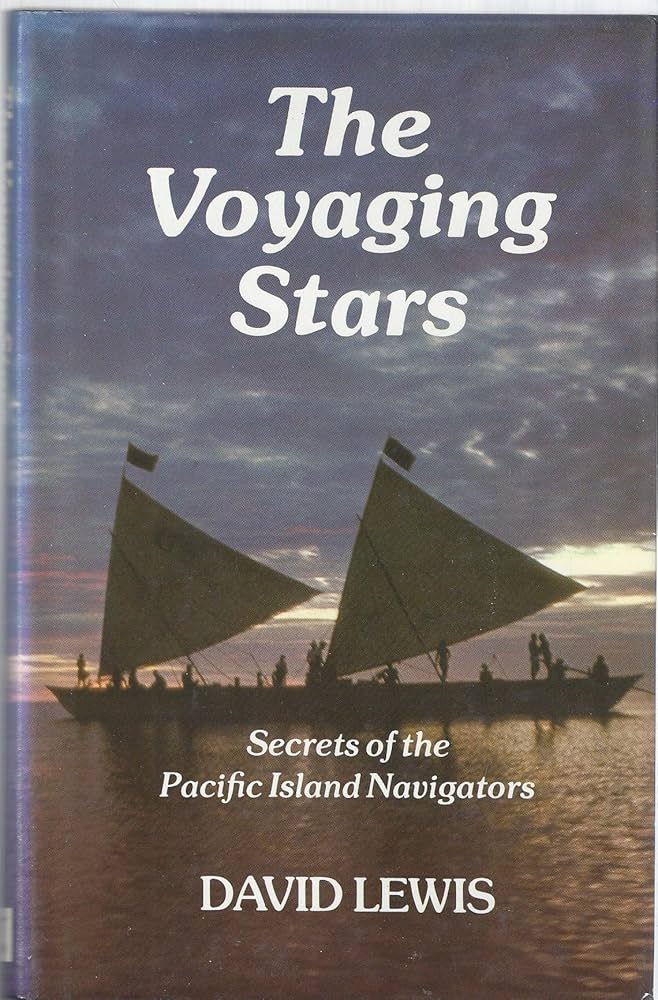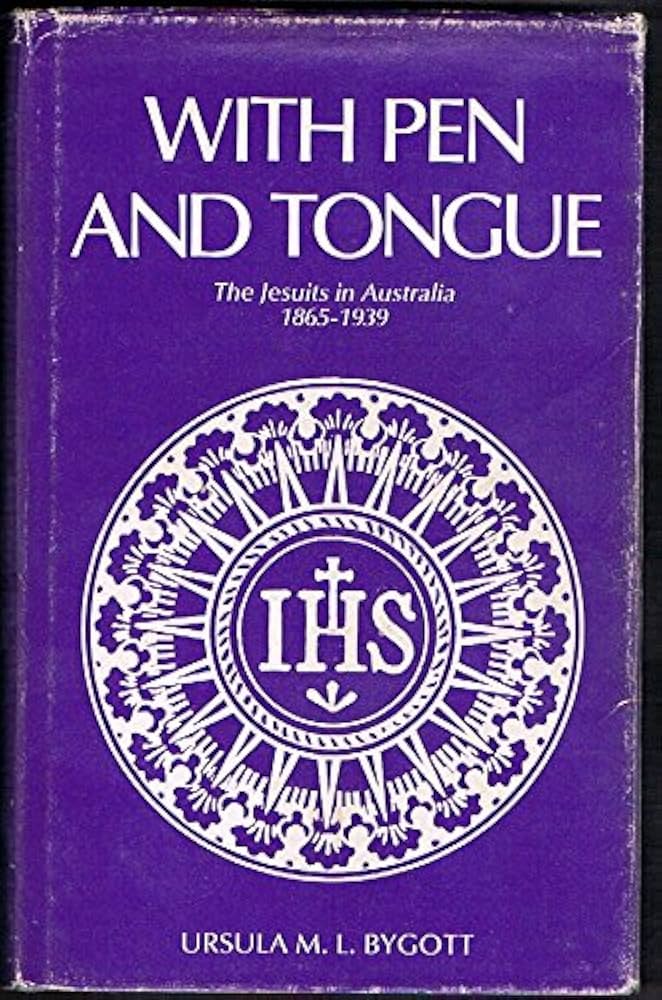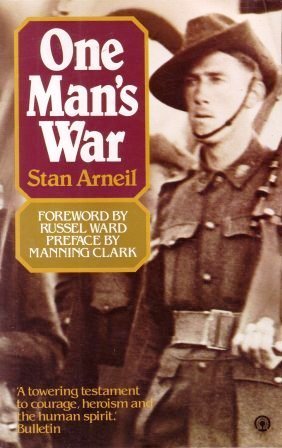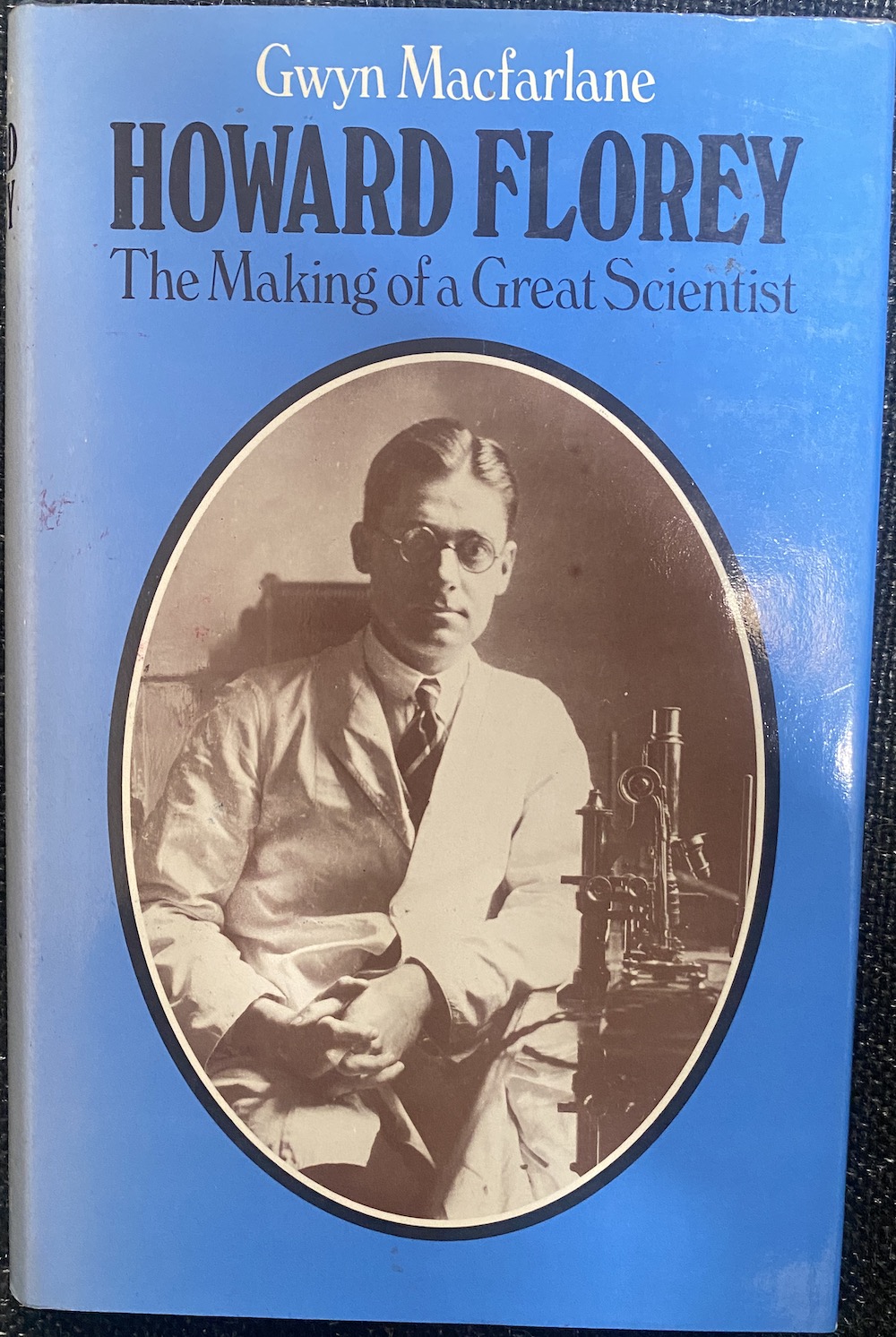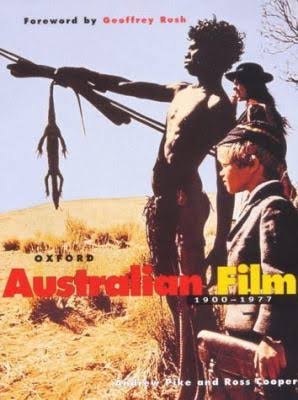Non Fiction
It may be that the Urge to Publish is one of the basic instincts of post-Gutenberg civilization. Certainly publishers’ mail bags are fat with the offerings of would-be authors, and the GPO of every capital city does a brisk trade in padded bags for unsolicited manuscripts.
Faced with the possession of an ever- boomeranging opus, what do aspiring authors do? Some bury their grief in the wardrobe bottom drawer; some indulge in a ritual burnt offering. Others, made of sterner stuff, either enter into negotiations with a vanity press or go into business for themselves.
... (read more)New England from Old Photographs by Lionel Gilbert & Woollahra by Eric Russell
A colleague questioned my choice of these two books for this page, wondering whether they are too localised for a national journal. This reminded me of a Victorian friend who once aired a theory that the poetry of Kenneth Slessor. That man of Sydney, is not highly regarded in Victoria while ‘Furnley Maurice’ (Frank Wilmot) is little appreciated north of the Murray. What rubbish. Admittedly a writer’s presence on his own soil can be important both for his work and, in some ways, for his audience. It was only when Patrick White and Christina Stead returned to Australia after long absences overseas that they gained proper honour here. But universality also cuts across boundaries and there are universal qualities, or at least for ‘new world’ countries, in each of these books.
... (read more)Beatrice Faust manages to write so persuasively, that even when you have your reservations with some details, she manages to sway you. All her years of dedication to feminist and civil liberties campaigns, to the craft of good polemical writing, and to extensive research have resulted in a powerful work that has every chance of making its mark felt in England and America as well as in Australia. The book is helped along considerably by photographs of Hindu erotic art, some notable Beardsleys and genitalia from varying cultures.
... (read more)Political Fictions by Michael Wilding & The Workingman’s Paradise by William Lane
Not the least of the many virtues of Michael Wilding’s Political Fictions is that it sets out its argument in a cogent way, stating its intellectual premises forthrightly and following them through with as little compromise as possible. This sort of ideological criticism (ideological, even though Wilding insists his judgments are primarily literary ones, and analyses the prose of the chosen novels closely) is rare in Australia. Here critics have mostly been content to proceed from a purely pragmatic basis – or, as the sympathetic would have it, have been content to be intelligent rather than ideological.
... (read more)The Voyaging Stars: Secrets of the Pacific Island navigators by David Lewis
The Voyaging Stars was first published in 1978, and already is a minor classic. Ever since Cook’s day it has been known that the Pacific Islanders, and especially the Polynesians, had a sophisticated system for long distance navigation, not employing the European aids of charts, sextants, chronometers and magnetic compasses – and yet remarkably effective. Cook himself used a Polynesian pilot from Tahiti to New Zealand. With the coming of European technology this traditional lore fell into abeyance. Fewer and fewer sons imbibed it from their fathers, and by the middle of this century it had almost died out. Unfortunately, it had never been scientifically investigated and had not been adequately recorded.
... (read more)But why would anyone want to do it? This seems a reasonable question to ask about Robyn Davidson’s self-imposed ordeal: Davidson taught herself from scratch to tame and train camels, then travelled with four of them and one dog across 1700 miles of desert from Alice Springs to the coast of Western Australia. Tracks is the book she wrote about it.
... (read more)With Pen and Tongue: The Jesuits in Australia 1865-1939 by Ursula Bygott
The Jesuits are, whatever else you might say about them, formidable. Dr Bygott quotes Francis Bacon, who believed that the Jesuits as teachers ‘are so good that I wish they were on our side’.
... (read more)The men of the 2/30th Battalion laughingly enlisted. They didn't laugh on 16 February 1942 when, as part of the 8th Division and the Singapore garrison, they reluctantly surrendered to the Japanese. Happiness being relative, some of these Australians laughed all the way from Changi to a new camp near the wharves. Struggling to load bagged salt, they had no laughter, just helpless sickness in the stomach, as Sergeant Stan Arneil was savagely beaten by guards. Scenes change, states of mind go up and down, until the survivors are about to disembark in Sydney late in 1945: ‘and everybody on the ship is laughing all the time’.
... (read more)Howard Florey: The making of a great scientist by Gwyn Macfarlane
Although Howard Florey spent most of his life abroad, he was a great Australian and according to his biographer probably the most effective medical scientist since Joseph Lister.
... (read more)John Baxter’s Australian Cinema was the first of a number of works on the history of film production in Australia – all, in varying degrees, superficial, selective and inaccurate, in such a new field, where to arouse interest in the subject was perhaps as important as to supply information, these early books could be forgiven for such inadequacies. But Pike and Cooper have at last taken the next step. Using material gathered over a ten- year period from many sources (archives, contemporary journals, personal reminiscences, and the films themselves), they have compiled a comprehensive encyclopaedia-style coverage of the feature films produced in Australia from 1900 to 1977.
... (read more)

